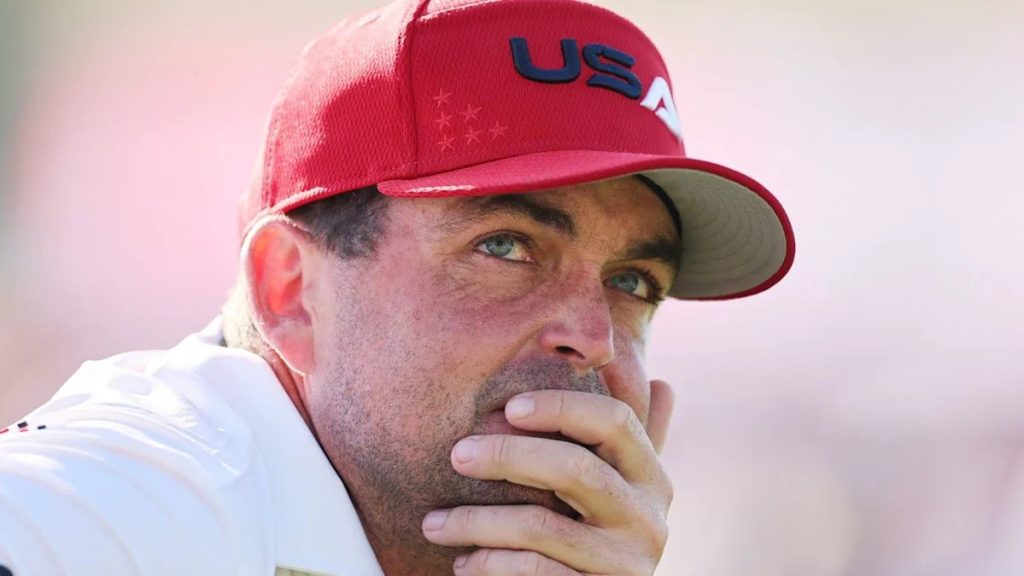America’s Comeback Highlights Ryder Cup Disparity
Through a strong performance in the final singles matches, Keegan Bradley’s team garnered some respect with their comeback, but it also showcased the significant gap in performance between the US and Europe in the Ryder Cup.
Although the last session was engaging, Europe had already secured their victory before play commenced, ending with a 15-13 win for Luke Donald’s squad. Their earlier dominance set the stage for this outcome.
The disparity stems from Europe’s advanced Ryder Cup culture, planning, and strategic approach, in stark contrast to the US team’s inconsistent leadership. This difference was evident in the captains’ speeches—Donald emphasized teamwork, while Bradley focused on his personal passion for the event.
Bradley’s leadership, influenced by his Netflix documentary exposure, created distractions leading up to the matches. In contrast, Donald and his team were diligently preparing strategies to best the American team on their home turf.
While Bradley’s motivational speech at the previous Presidents Cup stirred enthusiasm, it also highlighted a lack of strategic preparation. European players had a clear understanding of the course setup, which Bradley failed to adjust, leading to an unfavorable experience for the US team.
Despite appointing vice-captains without Ryder Cup experience, Europe benefited from a wealth of knowledge among their leaders. With expert strategists backing them, European players felt secure and prepared, culminating in a record lead after the Saturday matches.
This culture of unity and obedience was evident as players embraced their roles without question. As Robert MacIntyre expressed, their collective focus on following leadership allowed Europe to thrive, demonstrating how the US still has a long way to go in developing a similar cohesive approach.



